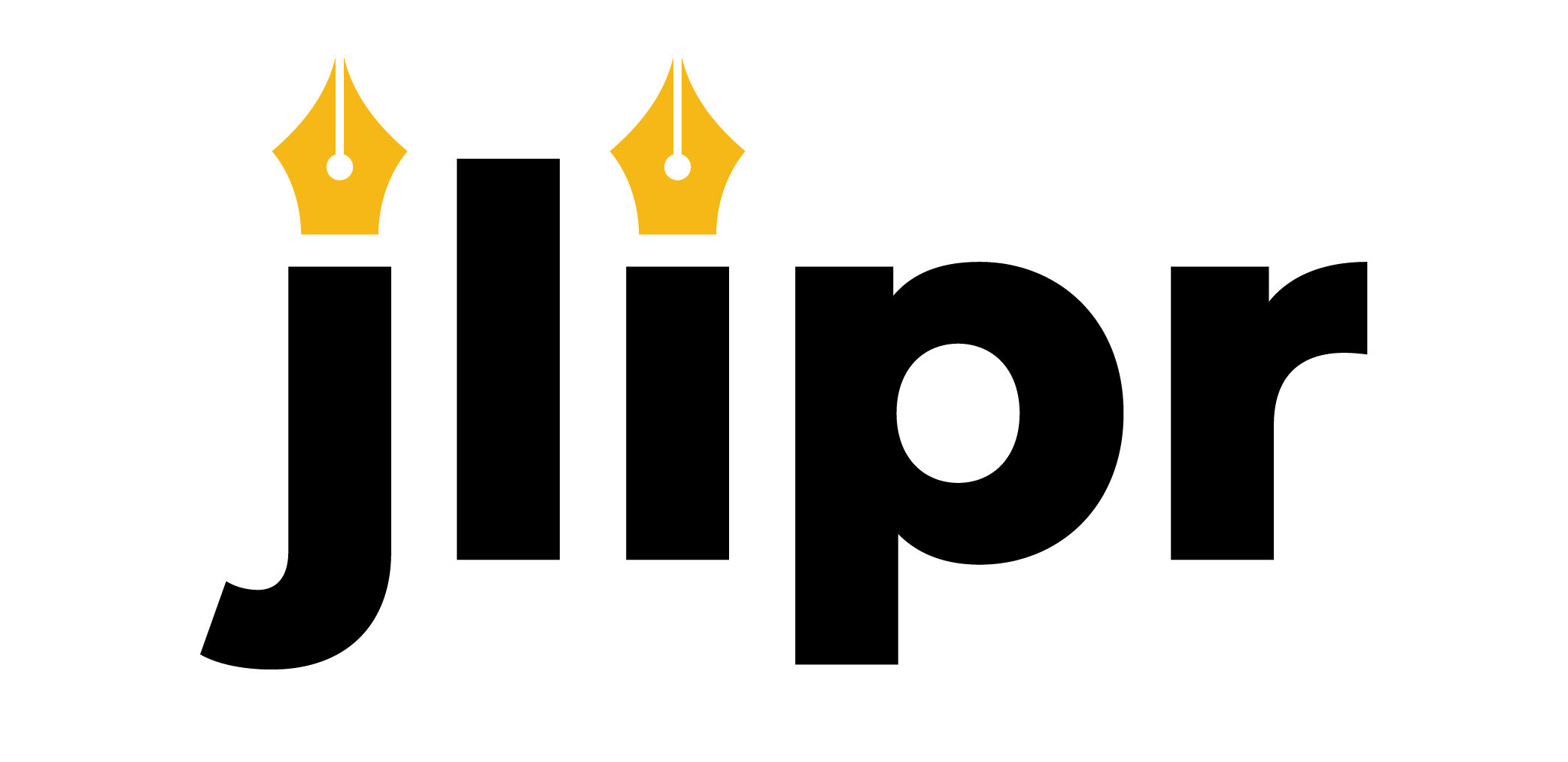Peer review, in all of its forms, is crucial to maintaining the integrity of the scholarly record. The process relies heavily on trust and calls for ethical and responsible behaviour from all parties. Peer reviewers are an integral and crucial element of the peer-review process, but they frequently enter the position unprepared and may not be aware of their ethical responsibilities. The fundamental guidelines and expectations that all peer reviewers should follow throughout the peer-review process are laid forth in the Journal of Law and Intellectual Property Rights Ethical Guidelines for Peer Reviewers. It is believed that they would serve as a resource for institutions in instructing their students and researchers, serve as a guide for journals and editors in directing their reviewers, and offer helpful advice to researchers.
All contributions will be reviewed by one of the Editors as to their suitability for inclusion in the journal and, if appropriate after an initial assessment, be subject to appropriate peer review. The peer review process starts once you have submitted your paper to JLIPR journal. After submission, your paper will be sent for assessment by independent experts in your field. The reviewers are asked to judge the validity, significance and originality of your work. Below we expand on what is peer review is, and how it works. Contributors may be asked to revise their contributions before final acceptance and will have an opportunity to review proofs before publication. However, no major changes can be included at proof stage, and corrections must be limited to typographical errors only.
JLIPR peer review system is used to assess the quality of a manuscript before it is published. Independent researchers, reviewers and academicians in the relevant research area assess submitted manuscripts for originality, validity and significance to help editors determine whether a manuscript should be published in the journal.
